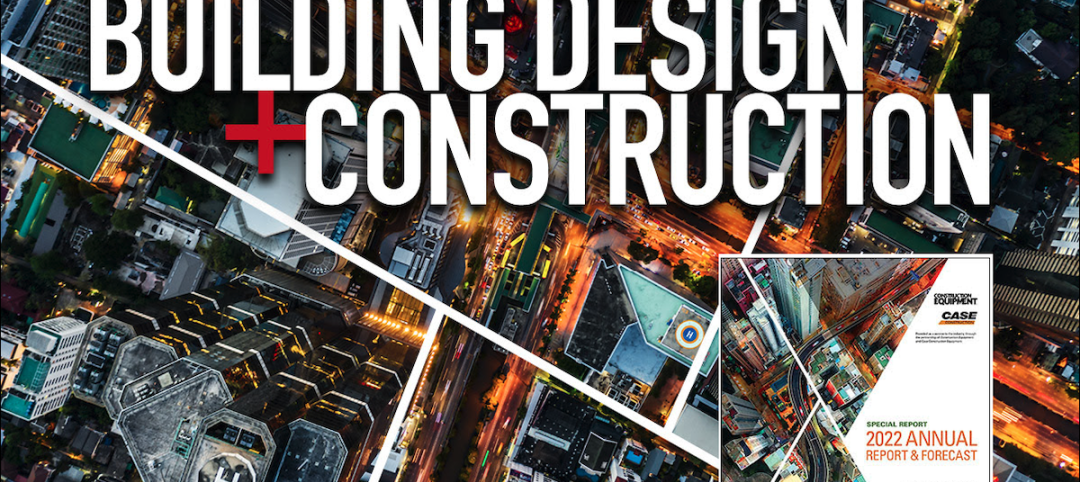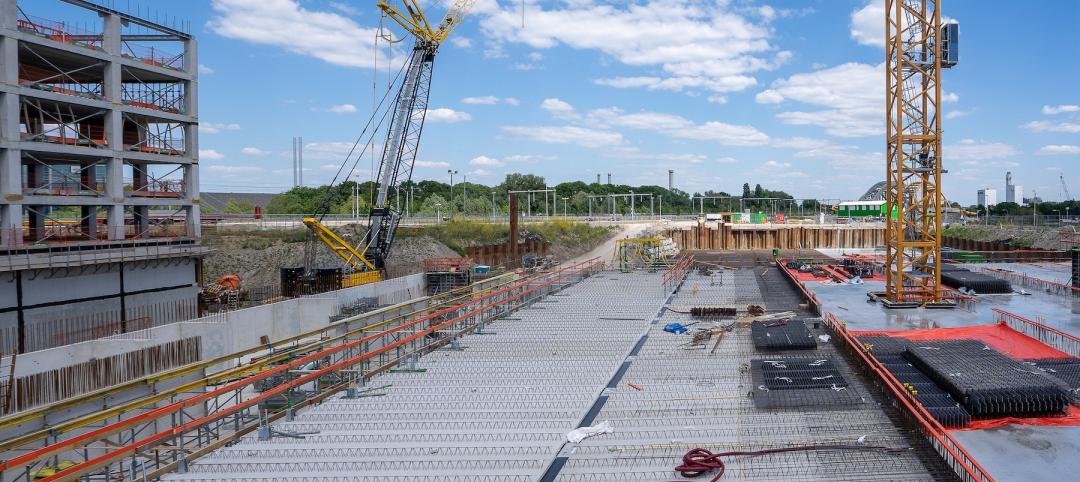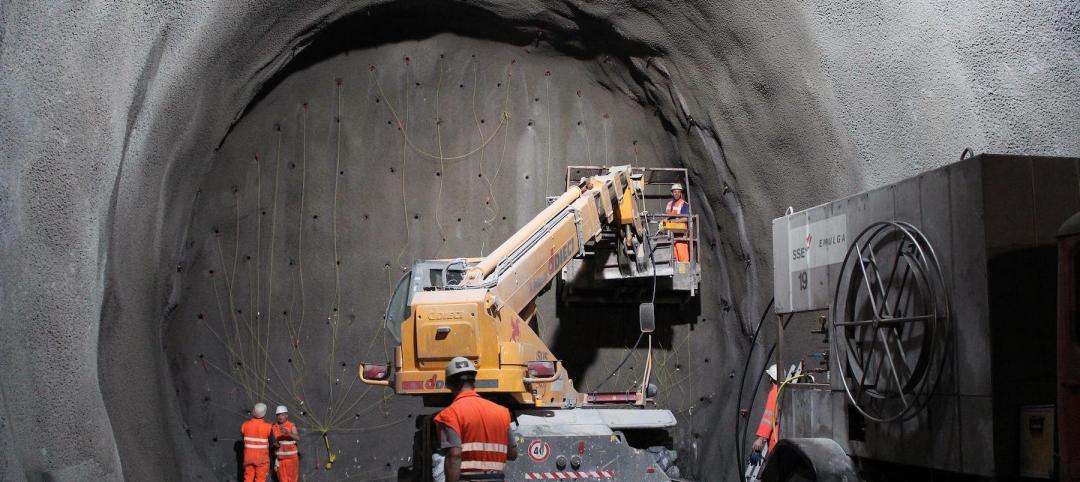The Chief Executive Officer of the Associated General Contractors of America, Stephen E. Sandherr, released the following statement in reaction to President Trump's announcement that he will impose new tariffs on imported steel and aluminum products:
"These new tariffs will cause significant harm to the nation's construction industry, put tens of thousands of high-paying construction jobs at risk, undermine the President's proposed infrastructure initiative and potentially dampen demand for new construction projects for years to come. That is because the newly-imposed tariffs will lead to increases in what construction firms are forced to pay for the many steel and aluminum products that go into a typical construction project.
"Firms that are already engaged in fixed-price contracts may be forced to absorb these costs, forcing them to cut back on new investments in equipment and personnel. Higher steel and aluminum prices will make the kind of infrastructure work President Trump supports more expensive, forcing federal, state and local officials to cut back on projects they can fund. And the likely trade war these new tariffs prompt will diminish demand for private investment in infrastructure as well as construction demand for manufacturing, shipping and distribution facilities.
"Considering the damages these new tariffs will inflict on the construction industry, it is easy to understand why recent, independent studies estimate that nearly 30,000 construction workers will lose their jobs because of these new tariffs.
"The bottom line is that any short-term gains for the domestic steel and aluminum industries will likely be offset by the lower demand that will come for their products as our economy suffers the impacts of these new tariffs and the trade war they encourage. A better way to cultivate a stronger domestic steel and aluminum industry is to increase federal funding for infrastructure projects that will boost demand for these and many other products.
"That is why the Associated General Contractors of America will continue to take every possible step to convince the administration and Congress to reconsider these costly new tariffs and instead enact the kind of new infrastructure proposal that will rebuild our steel and aluminum industries while strengthening our overall economy."
Related Stories
Designers | Oct 19, 2022
Architecture Billings Index moderates but remains healthy
For the twentieth consecutive month architecture firms reported increasing demand for design services in September, according to a new report today from The American Institute of Architects (AIA).
Market Data | Oct 17, 2022
Calling all AEC professionals! BD+C editors need your expertise for our 2023 market forecast survey
The BD+C editorial team needs your help with an important research project. We are conducting research to understand the current state of the U.S. design and construction industry.
Market Data | Oct 14, 2022
ABC’s Construction Backlog Indicator Jumps in September; Contractor Confidence Remains Steady
Associated Builders and Contractors reports today that its Construction Backlog Indicator increased to 9.0 months in September, according to an ABC member survey conducted Sept. 20 to Oct. 5.
Market Data | Oct 12, 2022
ABC: Construction Input Prices Inched Down in September; Up 41% Since February 2020
Construction input prices dipped 0.1% in September compared to the previous month, according to an Associated Builders and Contractors analysis of U.S. Bureau of Labor Statistics’ Producer Price Index data released today.
Laboratories | Oct 5, 2022
Bigger is better for a maturing life sciences sector
CRB's latest report predicts more diversification and vertical integration in research and production.
Market Data | Aug 25, 2022
‘Disruptions’ will moderate construction spending through next year
JLL’s latest outlook predicts continued pricing volatility due to shortages in materials and labor
Market Data | Aug 2, 2022
Nonresidential construction spending falls 0.5% in June, says ABC
National nonresidential construction spending was down by 0.5% in June, according to an Associated Builders and Contractors analysis of data published today by the U.S. Census Bureau.
Market Data | Jul 28, 2022
The latest Beck Group report sees earlier project collaboration as one way out of the inflation/supply chain malaise
In the first six months of 2022, quarter-to-quarter inflation for construction materials showed signs of easing, but only slightly.
Hotel Facilities | Jul 28, 2022
As travel returns, U.S. hotel construction pipeline growth follows
According to the recently released United States Construction Pipeline Trend Report from Lodging Econometrics (LE), the total U.S. construction pipeline stands at 5,220 projects/621,268 rooms at the close of 2022’s second quarter, up 9% Year-Over-Year (YOY) by projects and 4% YOY by rooms.
Codes and Standards | Jul 22, 2022
Hurricane-resistant construction may be greatly undervalued
New research led by an MIT graduate student at the school’s Concrete Sustainability Hub suggests that the value of buildings constructed to resist wind damage in hurricanes may be significantly underestimated.

















